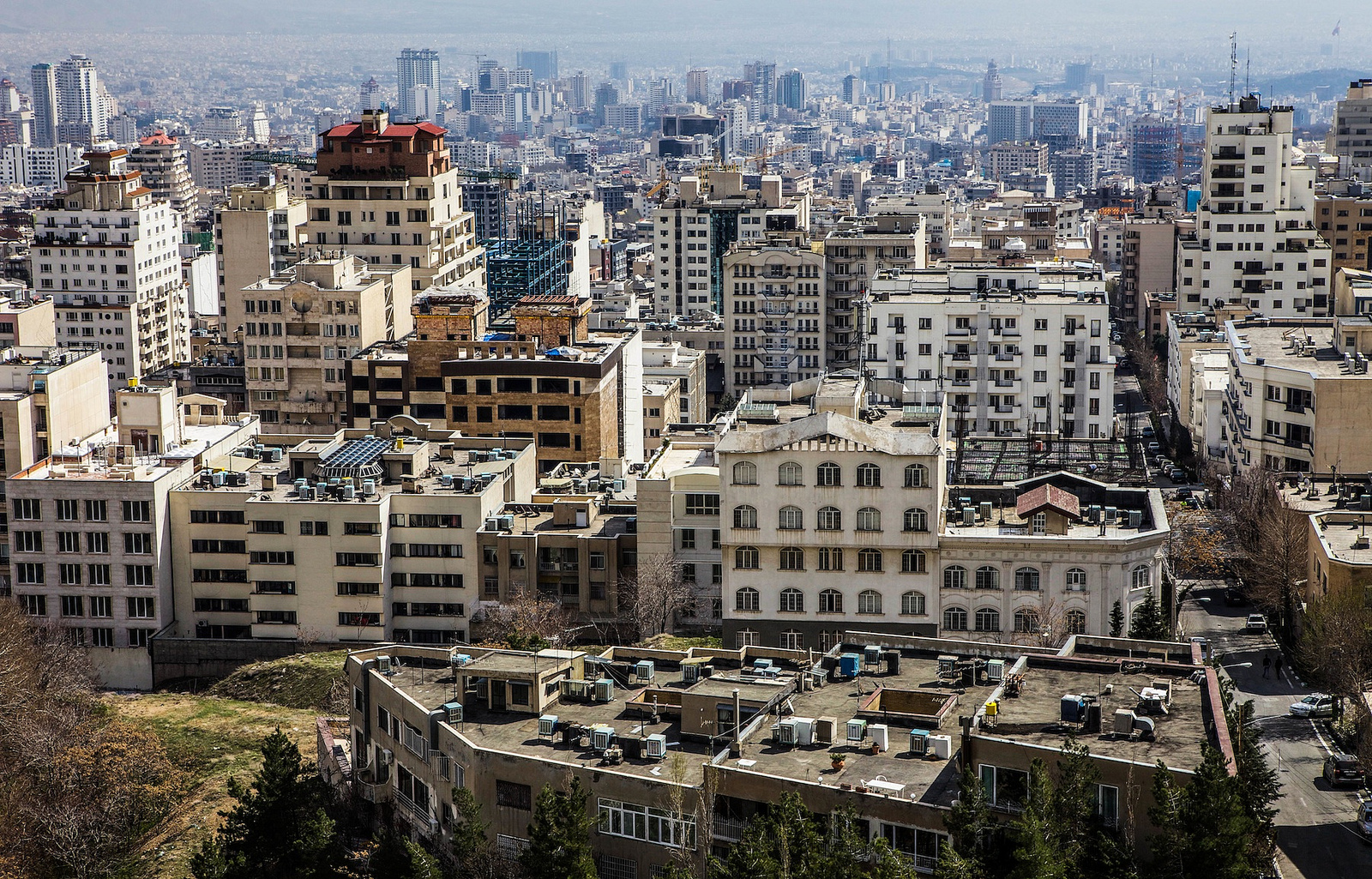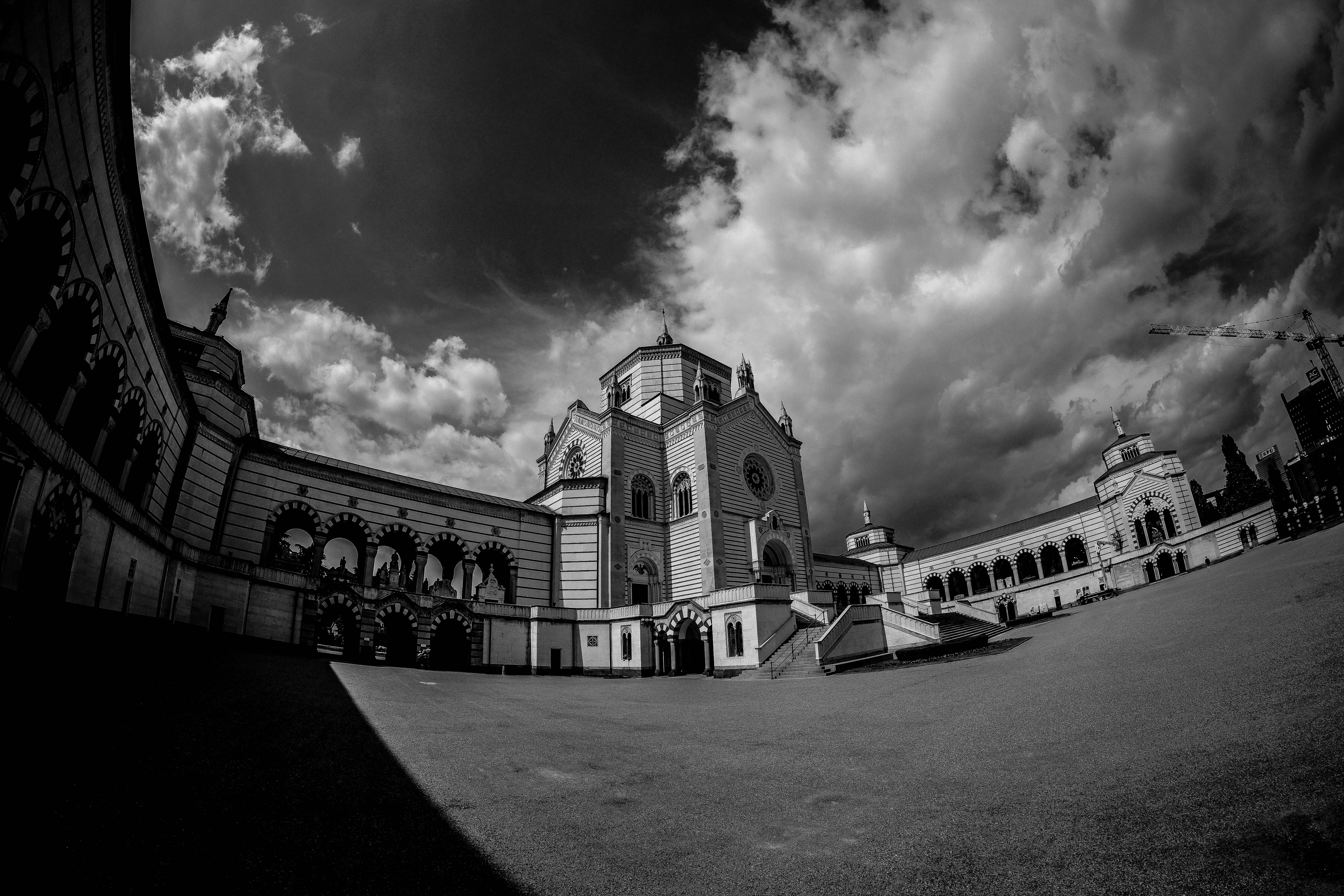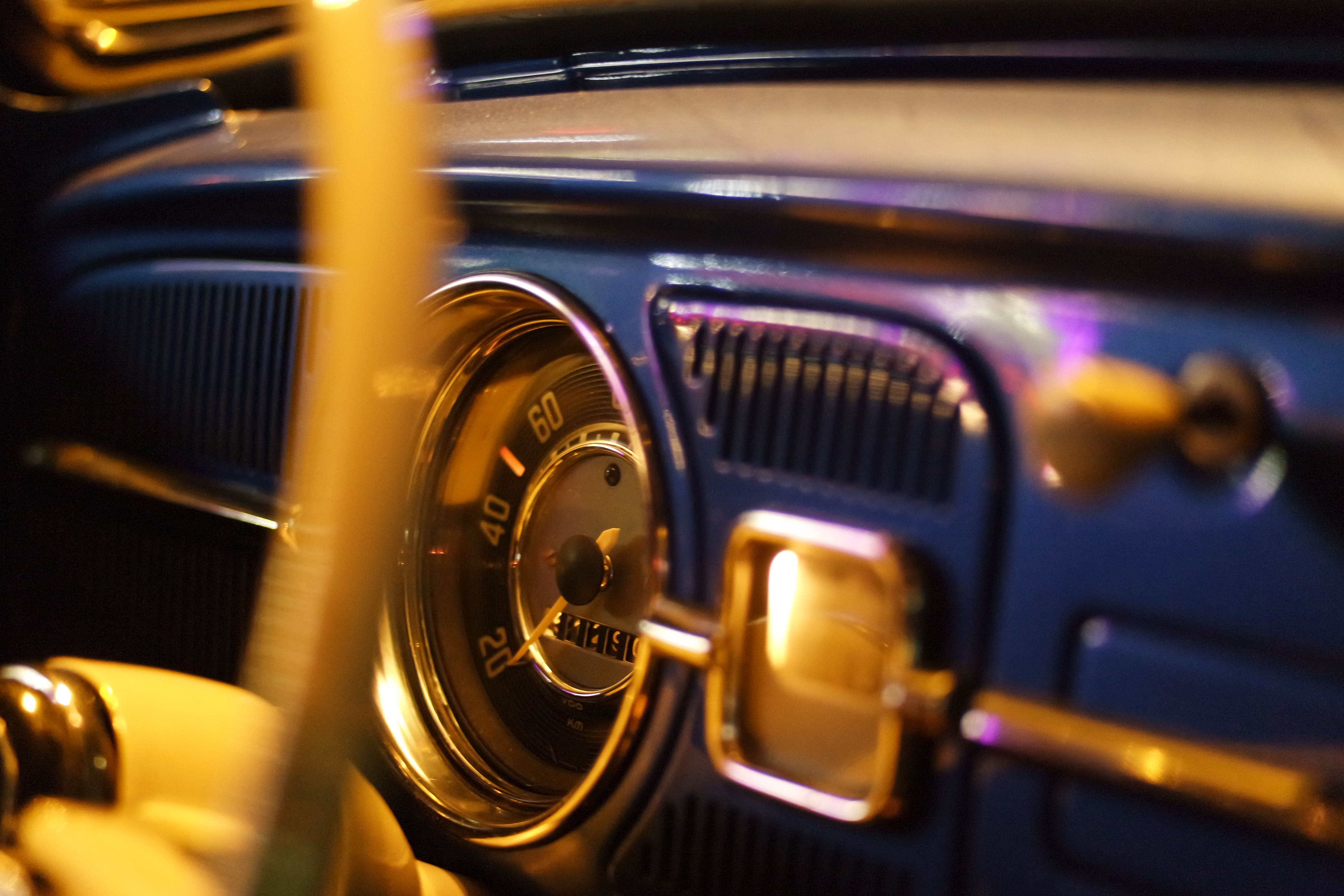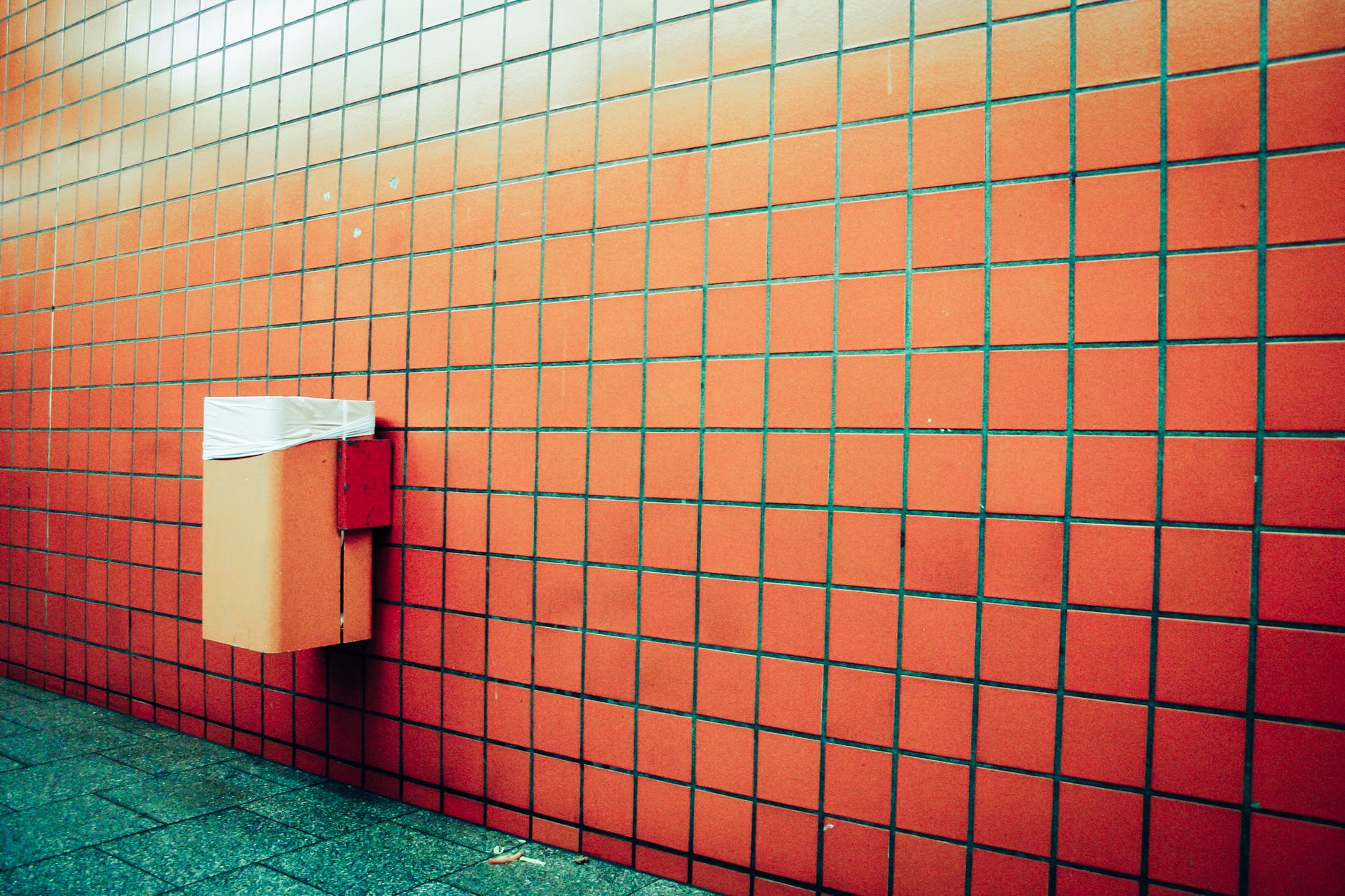The short story “Hazeover” by Iranian writer Mohammad Tolouei, translated from Farsi by Farzaneh Doosti.
Hazeover
(or Toothbrush, Wrong Time)
Addiction doesn’t disappear, it only changes forms. I was hooked on idleness, but now I’m hooked on work. I was hooked on weed, now I inject Ketamine. I was hooked on Azadeh, now I’m hooked on Jaleh. I was hooked on being free of family ties, but now I’m hooked on my father.
Why is addiction incurable? Why can’t I just head to a Laleh Park treatment session and proudly declare that I’ve been clean for a while and get heartwarming hugs from anonymous members of the addiction community, and then, once I’m liberated from their embraces, still feel clean? I don’t remember a single night when I haven’t asked myself what brought me to this point, but as morning approaches, I forget the question.
In the morning, I wake up with a hangover. Zia is fasting for Ramadan, so I don’t need to cook lunch. I sleep as late as I can before Zia feels bored and begins to fiddle with cabinet handles or turns on his mobile GPS. I go to the bathroom, turn on the faucet, take the Ketamine capsule and syringe out of the toilet tank, and inject it into my ankle. Where can I hide a sore? Among other sores. My ankles and legs are always marked with scars, I’ve had scars since childhood—I hit my legs on the walls and never know how it happens—so Zia would never suspect that the sores might be caused by shooting up.
Next, it’s time to immerse myself into water—it doesn’t matter if it’s warm or cold, it makes no difference on Ketamine, it disables your body’s thermostat. An addict can walk over red coals or jump into an icy lake. After that, I go out and sit under the breeze from the air conditioner.
Zia gets up and turns the AC off. “Get up. Don’t sit there or you’ll catch a cold,” he says. I don’t move, so he gets up himself and turns it off. Next I should ask what he has to do in Amir-Abad. My father has been staying with me since the first of Ramadan. Every morning he gets up, calls a taxi, and heads to Amir-Abad, leaving me to sleep till noon. When he gets back he fiddles with the cabinets and turns his GPS on. I don’t ask him why; I go to the refrigerator instead and take out a bottle of water, then I remember that Zia is fasting just as I’m about to guzzle it down. I should take it to my room, it’s better to drink it there as I turn on my computer and hunch in the chair.
I always hated it when Azadeh hunched while writing and now it’s me who’s all hunched up. I open Word and begin to fill in the blank page. What am I writing? No idea. I haven’t taken a look lately; don’t know what I am writing—perhaps I’ll read it after I quit Ketamine. I write nonstop until dawn. I don’t move, don’t hear Zia’s making noises, don’t look away from the monitor, except for occasional sips from my water bottle. You need to drink at least three liters of water when you’re on Ketamine. Ketamine drains the body. Yet, for a hydrophobic like me, even one liter seems insurmountable, requiring a kind of meditation. I haven’t passed any kidney stones since I’ve taken Ketamine; the water has cleansed my kidneys of calcium residue, I suppose, or perhaps I will be in three times as much pain when a stone does pass.
I’m not motivated enough to follow Zia every morning to see if he heads to Golnar’s apartment building. I don’t know if she’s still living there, or even if she’s still in Iran. We were lovers in college. Her apartment was above a flower shop right opposite the School of Technology; the apartment’s gauzy black-and-orange curtains framed a view of her room from the roof of my dorm, building #23. We could have kept on being lovers forever; no one would’ve ever pried into our affair since I lived in a dorm and she didn’t need her father’s consent—she was divorced. We did officially marry though, out of fear of her ex-husband who, she claimed, was a notorious hoodlum and used to make a fuss on her doorstep. We went to a notary public and signed a temporary marriage contract for three months, extendable in the case of mutual interest. Her identity papers were marked with “divorced,” and our temporary marriage wouldn’t be recorded anywhere—they never are. But I realized, a long time later, that the notorious husband was only an excuse for making the affair official.
She called me often, asking me to come over; I’d climb the emergency stairs, stand on the roof of building #23 and wave to her. Then she’d pull the transparent curtains aside, leaving the phone on the bed, and strip off all her clothes one piece at a time until I gave in and came over. That’s why I bought her solid curtains, like the ones in my parents’ master bedroom that faced our neighbor’s terrace. Rumor had it a Peeping Tom—a literature student who wanted to be a journalist—haunted the rooftop of our dorm to gape into her bedroom. I always took a shower and brushed my teeth before leaving. And, even if I didn’t have time to shower, I made sure to brush my teeth. My friends made fun of my tooth-brushing, saying I took my teeth too seriously.
Personal habits are hard to hide in a place like dormitory, and that was especially true in building #23.The dorm, now occupied by graduate students, had been inhabited by international students until the July, 1998 Kuy-e Daneshgah disaster, during which an international student was pushed off the roof. After that incident, all foreigners were moved down to the Yazdi students’ division. Nowhere is safer than with people from Yazd in times of disaster; they never cause any problems. You might hear guys from Kuy make a racket, but never a peep from a hush-hushYazdi.
Building #23 is easily accessible, it’s on the edge of campus bordering Amir-Abad Street, and the students get mauled whenever they invade the Kuy. If the food goes bad, summer housing is denied, or there’s a general shortage of dry rations, the students gather at the building’s entrance, knock down the door and march out onto Amir-Abad Street in shorts and tank tops. That summarizes the peculiarities of the dorm. Every room in the building has two RAs—people who graduated three semesters earlier but couldn’t afford to rent a house. There are also plenty of unofficial roommates: cousins in the military, night-shift workers, or homeless ex-classmates. Anybody could count on half a bed in building #23, except in our room. It was often empty because we didn’t allow RAs or additional roommates. Asadi was a PhD candidate in Philosophy; he lived and slept in the library. I stayed with Golnar constantly, Kheirbaba was a projectionist from Kuy; always fretting so much about earning more money that he was never going to graduate—he must have been on his fourteenth semester. Mostafa stayed at home with his wife in Qom but refused to give up his bed because they broke up so often. The four of us never happened to be together except for the day I smoked a spliff and spilled the beans on my affair with Golnar. Asadi stood up and left the room.
Pretending to look for a towel, Zia steps into my room. I’ve been staring at the monitor for a long time. It’s time for iftar and I should get up and make tea, put cheese and butter in crystal dishes, and take some bread out of the freezer. Zia is a Rabbana freak; he has a collection of thirty different versions of the prayer, one of which he recorded during an oldies party in Rasht and must be chanted by Pourreza, I guess, or at least one of his pupils. The singer chants in Rashti rather than Arabic. Zia keeps all thirty tracks on his cell phone and plays them one after another before sundown during Ramadan. As far as I’m concerned, all chanters sound like weak imitators of Shajarian.
I go to the fridge and take out some soup, haleem, or some Shami cutlets—it depends on my mood or Zia’s luck, but usually I just stretch out my hand and grab the first package I see that my mom sent—and warm it up. After the call to prayer I sit with Zia and watch him break his fast: taking morsels, stirring his tea with a short-handled teaspoon that is almost drowning in the glass, chewing.
After the first bite, Zia asks the same question he asks every day, “What were you writing?”
I shrug my shoulders, or suppose that I do, since I don’t know if my intention to look indifferent actually makes my shoulders move. My lips act up to indicate I’m not writing anything important. We never discuss such things with each other; I never tell him what I’m working on. He never really acknowledges that I am a writer.
After the second bite, I go on the offensive. “So, you’re going to Heart Hospital? Didn’t tell mom in case she gets worried?”I ask. I ask him every night. He laughs with an open mouth stuffed with cheese and barbari bread. I wonder why he can’t just shut his mouth and laugh.
I pick up the slipper I had used to kill a cockroach in the kitchen last night, but the cockroach is gone. They can survive eight days after they lose their heads; they can regenerate and are the only creatures that survive atomic war. It’s likely, then, that the cockroach I killed last night is still alive. “What are you looking for?” Zia asks, shaking his head and slurping his tea.
I’m looking for the dead cockroach that should be under the slipper. Everybody’s killed a cockroach once or twice, only to find no corpse the next day. But when an addict claims that he is looking for the bug he killed, people shake their heads or look away in pity. My father believes that his only son squandered his life. My addiction is not that obvious. My parents are constantly telling me to check into rehab, but they don’t acknowledge I’m addicted. They think it’s some part of me. I’ve squandered my life looking for a dead cockroach that doesn’t exist. I wish I could stay longer with Zia, but his implicit references to my addiction make it intolerable. I’m not an addict who refuses his addiction, but I haven’t collapsed, helpless, either. I enjoy what Ketamine makes me. It makes me the real me.
Asadi left the room, and in a minute I followed him to go brush my teeth before my date with Golnar. She had texted me that she would be off and wanted me to come over. In the bathroom I found Asadi crying on the floor of the shower. At first I didn’t see his tears under all the running water. It was only after I turned the faucet off and sat by his side that I realized he was crying. “Are they butchering a horse in here, doc?” I asked.
He bristled and looked at me with pained eyes that I’d never seen before. “You know how many years I’ve been here?” he asked.
How could I know, and what difference would it make anyway? I had outed my affair while stoned, but I hadn’t meant to bring a philosophy student to tears. “It’s time for me to brush my teeth, doc. Let’s talk tomorrow. Get up and go back to the library. Get up!”
I took Asadi under the arms and dragged him to the room, and whispered to Mostafa’s ears to dissolve a diazepam in some chamomile tea. That was how we got Asadi to sleep after two weeks of insomnia—with a high dose of diazepam. I don’t remember why Mostafa and Kheirbaba were still in the room at that time of the day. Kheirbaba was lying on the lower bunk staring up at the particle board under the upper bunk, swinging his feet around. “Get up Kheirbaba, and boil some water,” I said.
He didn’t move. He’d shaved his head in anticipation of graduation and the start of his military service. But his hair had grown back and reached his ears so he’d have to shave it again. As a honors bachelor’s student he was allowed into building #23. “Move your ass, jerk. Can’t you see what’s going on?” I shouted.
We took off Asadi’s wet undershirt while Mostafa tried to take off the pajama bottoms Asadi’s mom had made him. Asadi was standing on one leg, shivering like a poor stork. Kheirbaba rolled over in his bed, away from us. I threw the wet undershirt at his head, prompting him, finally, to sit up. He sat on the bed, pulled the wet T-shirt from his face, and dropped it on the floor. Then he wiped his face with the back of his hand and picked up the kettle, throwing a fistful of chamomile into the pot as he put on his slippers. Mostafa stealthily handed him the Diazepam 10 while I stood in front of Asadi so he wouldn’t see what was going on. Afterward, I got dressed, pumped two sprays of Euphoria on my neck, and rubbed some lotion on my hands while I looked for a shirt in Asadi’s closet. “You’ll be here?” I asked Mostafa.
Asadi was sitting, bare-chested, on the edge of the upper bed, swinging his legs, like a man on the ledge of a ten-story building thinking about whether to fall or not to fall. Mostafa nodded as he picked up the wet undershirt. Outside this room I was another man. I wasn’t an idle man like those guys in the room. I was a loyal husband, even though my wife was only a lover. I was motivated to look for a job, even though I had no future with Golnar. And every day I bought my wife flowers even though she lived above a flower shop.
After breakfast, Zia goes over to my computer and starts Googling. I haven’t finished writing but I have to be patient. I wait until he gets tired. I hadn’t written anything important, so I don’t need to worry about finishing it today. All these days I’ve spent just stared at the monitor. Ketamine makes you concentrate, even on doing nothing. When I wasn’t addicted, I couldn’t sit down for more than ten minutes, but now I sit nonstop from noon to iftar. Zia seems to have lost patience. After breakfast he goes directly to the computer. There is nothing in the world he hasn’t Googled. His favorite is to Google my name and he takes pleasure in seeing the more than 370-page results. I taught him how to limit the result by googling with quotation marks; but, even with the quotation marks, most of the pages belong to other Mohammad Toloueis. One of them runs a literary society in Gonabad. The other is a vet and has published a book on cutaneous diseases in horses. And there’s also a man, a poor scavenger in Tabriz, who was trapped under a pile of trash and eventually died. There is one living in Varamin who complains about increases in bread prices, and yet another one who is a fisheries engineer in the South. There’s a futsal player and there are others whose names often appear in the agricultural columns of the Donya-ye Eqtesad newspaper: Mohammad Tolouei, 22 years old, foreman in Lanandiz, Mohammad Tolouei, 27 years old, beekeeper inBilesavar, Mohammad Tolouei, 30 years old, best saffron producer in Iran, Mohammad Tolouei, 40 years old, mud-brick-maker in Nakhshieb. With so many Mohammad Toloueis, sometimes I suspect that the agriculture columnist might be settling some old score with me by naming guys after me. I’ll go after him one day.
I tidy up the house while Zia Googles. I mop the tile floors, then wash the dishes, clean the oven, put away the dry dishes in the cabinets, dust the bookshelves, and, having satisfied my obsession with cleanliness, I take the garbage out—right at nine o’clock every night. I haven’t attended treatment sessions for a month or so, not because I’m bored with the ceremonies or the formalities. I’m kind of ashamed of going there every day only to say that my name is Mohammad, I’ve been clean for a day. And then they clap for me, and the next day is the same: I am Mohammad, been clean for a day. People expect us to improve from one day to two days, two weeks, two months, two years, and to become a model of iron will for others. Well, my will is not to quit. Who else can be as determined as I am in my self-annihilation?
I bought two bunches of carnations at the flower shop below Golnar’s apartment and rang the bell. After a long corridor and three steps, right on the corner of the landing, there was a door that opened to a house behind the shop. Above the shop, Golnar’s apartment was barely forty square meters. Behind that door, however, there must have been a spacious dwelling. Its door had never been open when I was there, so I hadn’t seen the inside. I assumed it was a store room, I suppose, or boiler room.
I heard someone noisily smoke a vafoor pipe through the open door. One odd white patent leather shoe was lying on it’s partner’s heel on the hemp doormat. Zia would have separated the pair to avoid a possible quarrel. A wooden vitrine at the far end of the guestroom separated it from the hall. Sunlight splashed into the room through wide windows, bleaching the rugs, the pictures hanging on the walls, and the furniture. It was through the void between two opaque crystal lamps in the vitrine that I saw Zia. He was seated at the edge of the light, with his hands behind his head. Zia in beams of light—it was him. The inappropriate spaciousness of the place and his deep, noisy smoking stunned me, standing on the threshold of the flung-open door. All I was concerned with at that moment was how to tell him about my lover. He must have seen me at the front door, astounded, when Golnar buzzed me inside. She was standing barefoot on the upper landing, trying to balance on her tiptoes to keep her sole clean. She was wearing a black top and tights, toying with the hair bands that encircled her fingers.
“Why are you standing there?” she asked, climbing down two more steps.
I didn’t dare move. I was afraid that any move would draw Zia’s attention.
“Don’t come down,” I warned her.
Then a fifty-year-old woman appeared—her navy-blue headscarf down to her eyes and her hands wet. She looked Golnar and me up and down, shoved the shoes back with her foot, and shut the door.
“Who’s there?’ she said.
“My dad,” I replied.
Golnar sat on the stone step and offered her breasts to me, saying, “come darling, come and give me a hug. Aaaa, weed again!”
I sat down on the step. “I haven’t brushed my teeth, Goli.”
“Doesn’t matter, I haven’t either.”
“I can’t without my brush.”
“OK then, use mine.”
“I can’t put your brush in my mouth.”
“You put a hell of a lot of dirt in there, but can’t use my toothbrush?!”
I made tooth-brushing an excuse to rush back to the dorm and head up to the roof. An engineering student was squatting and talking on his cell phone, but he didn’t notice me. I stationed myself on the turret with my hands stiff as pillars by my side. As the veins in my forearms bulged, I realized they were made for shooting up.
I took the garbage out and climbed the stairs to my flat. I never use the elevator after taking the garbage out because smells linger there, like the Burberry aroma of the woman downstairs, or the 777 cologne from an old man on the first floor, or French fries delivered to somebody in a seventh-floor flat. As I climb the stairs I expect neighbors to open their doors and shake their heads in regret and shut the door in my face. But it never happens, because no one in the building knows that I’m an addict. Ketamine leaves no smell. I started taking pills when the ecstatic effect of anesthetics applied on horses wasn’t public knowledge yet. I bought them from a drugstore on Karaj Highway, a large box that lasted for six months. By the time I ran out, everyone had heard about them and so they were hard to find. Now I get ampoules, which are much more expensive and nobody thinks a person would be enough of a dumbass to ever dare inject it. Ketamine congeals quickly in a 2 milliliter syringe; injecting takes time, patience, and experience. An addict who injects needs to be self-possessed, have plenty of good veins, and have already ordered his coffin. My mind is at peace since I’ve already got a comfortable sepulcher in our family mausoleum in Tazeh-Abad. It’ll be convenient for my mom and close to my grandpa’s, grand uncle’s, and uncle Kia’s tombs.
I am cooking celery stew lightheartedly, having forgotten that father is fasting and wouldn’t eat until dawn. I remember to add tomatoes and feel pleased to be doing something useful. Jaleh calls and I reject her, then unplug the home phone and turn all the lamps off. In total darkness, I sit down and stare at the blue flame underneath the cast-iron pot in which the celery stew gurgles, until Zia gets up from behind the computer. He flips the light switch, but none of the lamps come on. He’s stunned. “Why are you sitting in the dark?” he asks. That was how he was, seated there in the light beam, as vague and hazy as I am here. My father knows that I’m sitting here because I am sitting here. And I knew that he was sitting in the light beam because he was just sitting there. Now it’s time to ask him why he goes to Amir-Abad under the pretense of going to the Heart Hospital.
Photo by Ninara via Creative Commons.




